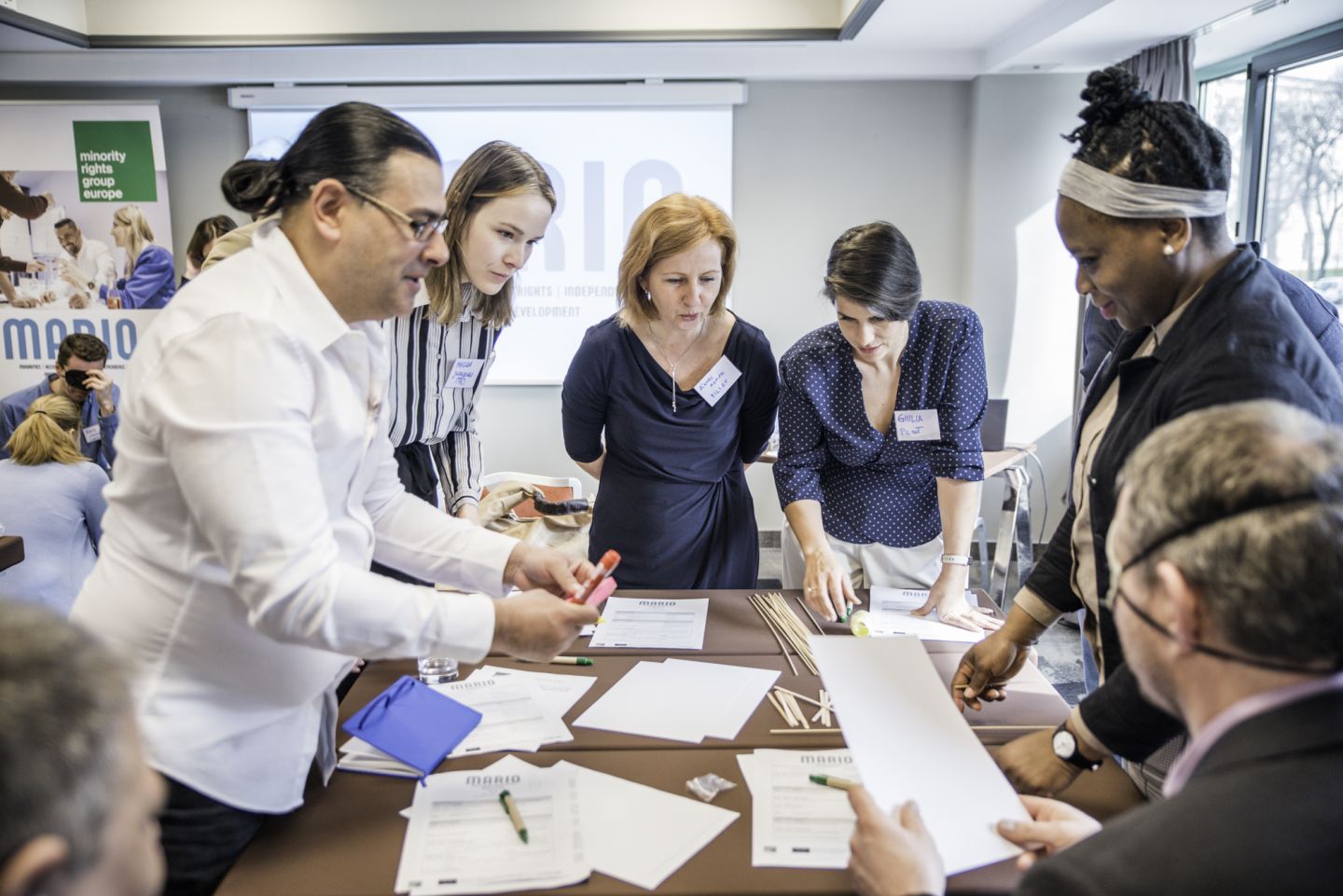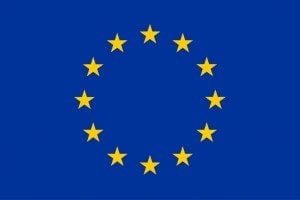
MARIO comes to life
By Ifra Asad, Grants Manager at Minority Rights Group Europe
The Minorities, Accountability, Rights, Independence and Organizational Development programme, more fondly known as MARIO, came to life last month at a 3 day event hosted by our Europe office in Budapest, Hungary. Almost 40 people flew or drove in from five countries and two other cities in Hungary, to come together at the start of their activities and learn from each other.
The MARIO programme aims to support 30 grassroots, rural civil society organizations per year on projects relating to minority rights, rule of law, and democratic change through sub-granting. The ethos of the programme is to address the ever-present gap for funding for small organizations, especially in the face of shrinking civic space, weaponized bureaucracy, harassment and growing nationalism. Funded by the European Union, MARIO is more than just a grant: it offers training, networking and advocacy opportunities and also provides pro bono legal services and expertise in different fields.
This year, we are proud to support 30 organizations from Croatia, Bulgaria, Hungary, Slovakia, Poland and Latvia but will expand to Romania, Estonia, Slovenia, Lithuania and the Czech Republic in the coming years. Grassroots civil society organizations in these countries operate in challenging circumstances, including high levels of poverty and discrimination as well as the harassment and technical and financial restrictions that are the consequences of a shrinking civic space. MARIO aims to strengthen the resilience and capacity of these organizations to ensure they can continue to play their vital role in society.
The projects within MARIO are incredibly diverse (as are the needs of minorities), and the number of communities even more so: we have activities ranging from art workshops, TikTok and theatre campaigns, to mobile legal aid services, media outreach, and local advocacy via municipality cooperation.
The communities that came together represented the Roma of Slovakia, the Pomaks of Bulgaria, the Latgalians of Latvia, the migrants of Poland, Bosnian minorities of Croatia, Russian speakers of the Baltics, Ukrainian refugees, and intersecting identities among these groups including people of African descent and sexual minorities.
The 3 days buzzed with activity. In addition to the learning and exchange, our partner organization PILNet brought pro-bono lawyers to give extensive presentations on EU mechanisms and how NGOs such as those present in the room can access and influence them. Lively discussions on the opportunities that these organizations can avail took place during those sessions.
The grantees will implement their projects until the end of the year, but will meet again in Brussels before to discuss the results, lessons, and experiences of MARIO and build joint initiatives for future advocacy, as well to meet policy-makers and policy-influencers to advance their advocacy efforts and toolkit.
We will provide a list of each organization, along with a summary of their project, on our website soon. Until please, please keep checking in on our MARIO webpage for the next call for applications.
—
Photo: Karoly (Hungary), Magdalena (Poland), and Omoye (Poland) work together with Agnes and Giulia from the PILnet team. Credit: Lola Eordogh
 This content is a guest post from one of our partner organizations about their work as part of our ‘Minorities, Accountability, Rights, Independence and Organisational Development’ (MARIO) programme. Learn more >
This content is a guest post from one of our partner organizations about their work as part of our ‘Minorities, Accountability, Rights, Independence and Organisational Development’ (MARIO) programme. Learn more >
 MARIO is funded by the Citizens, Equality, Rights and Values Programme (2021-27) of the European Union (ref: 101091387).
MARIO is funded by the Citizens, Equality, Rights and Values Programme (2021-27) of the European Union (ref: 101091387).






